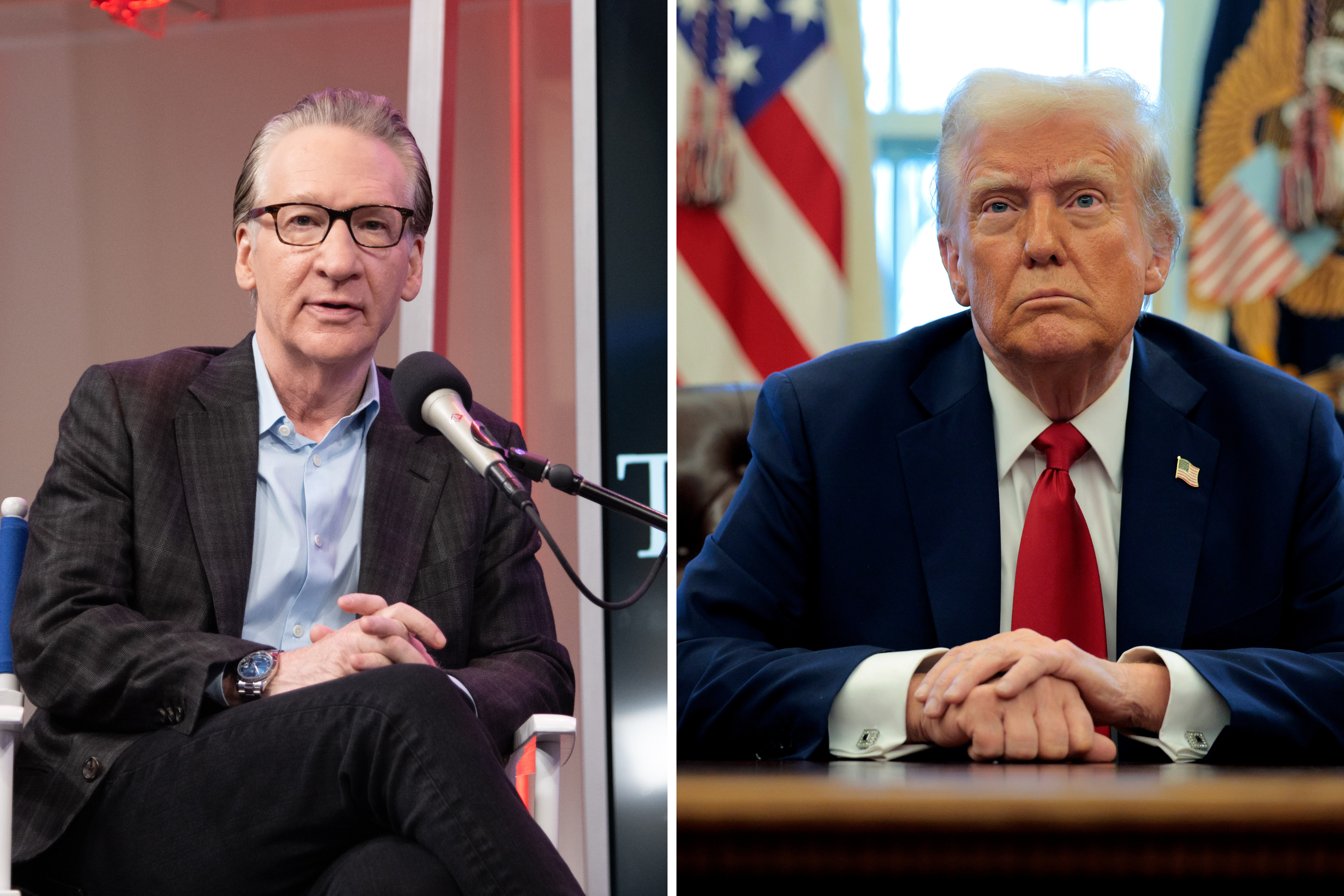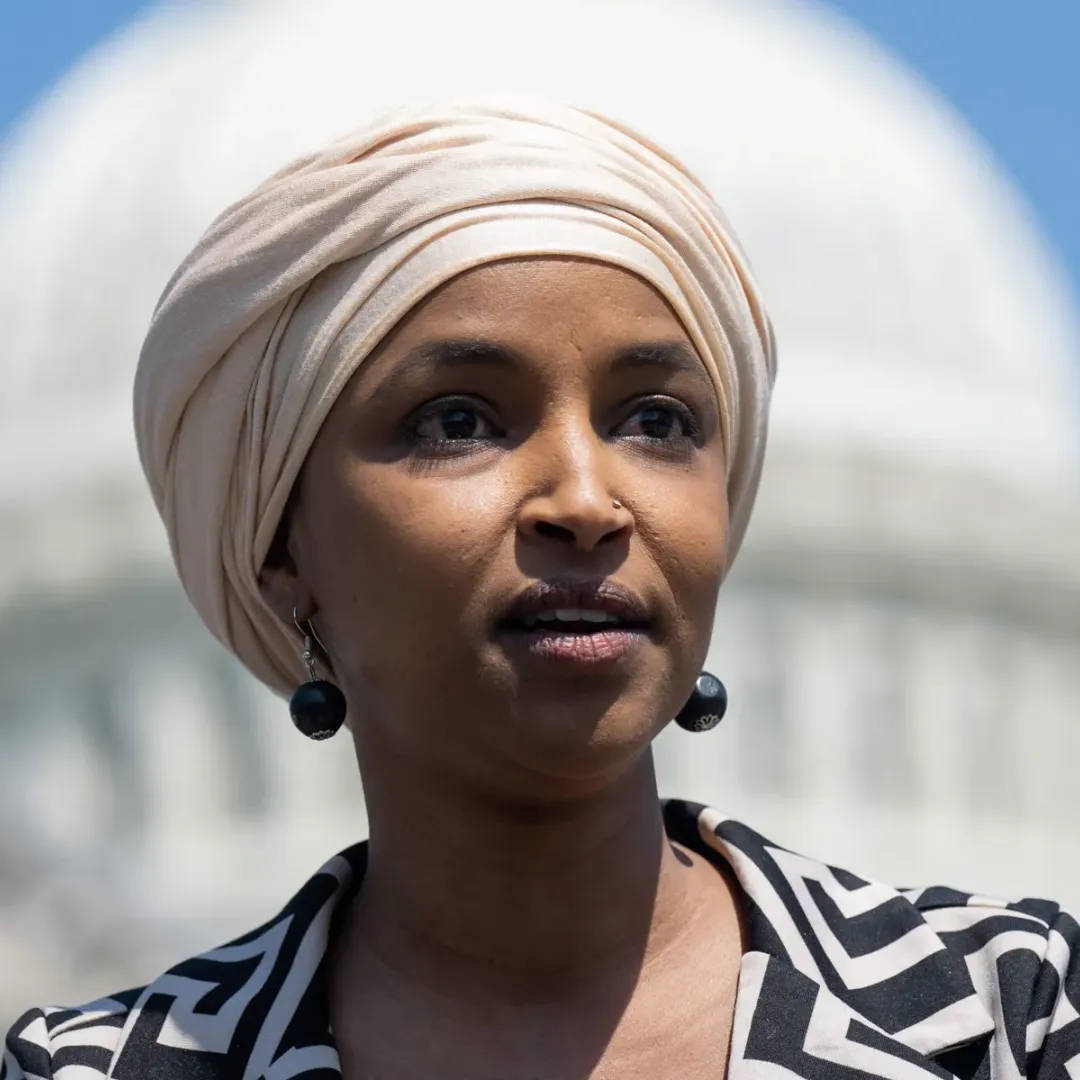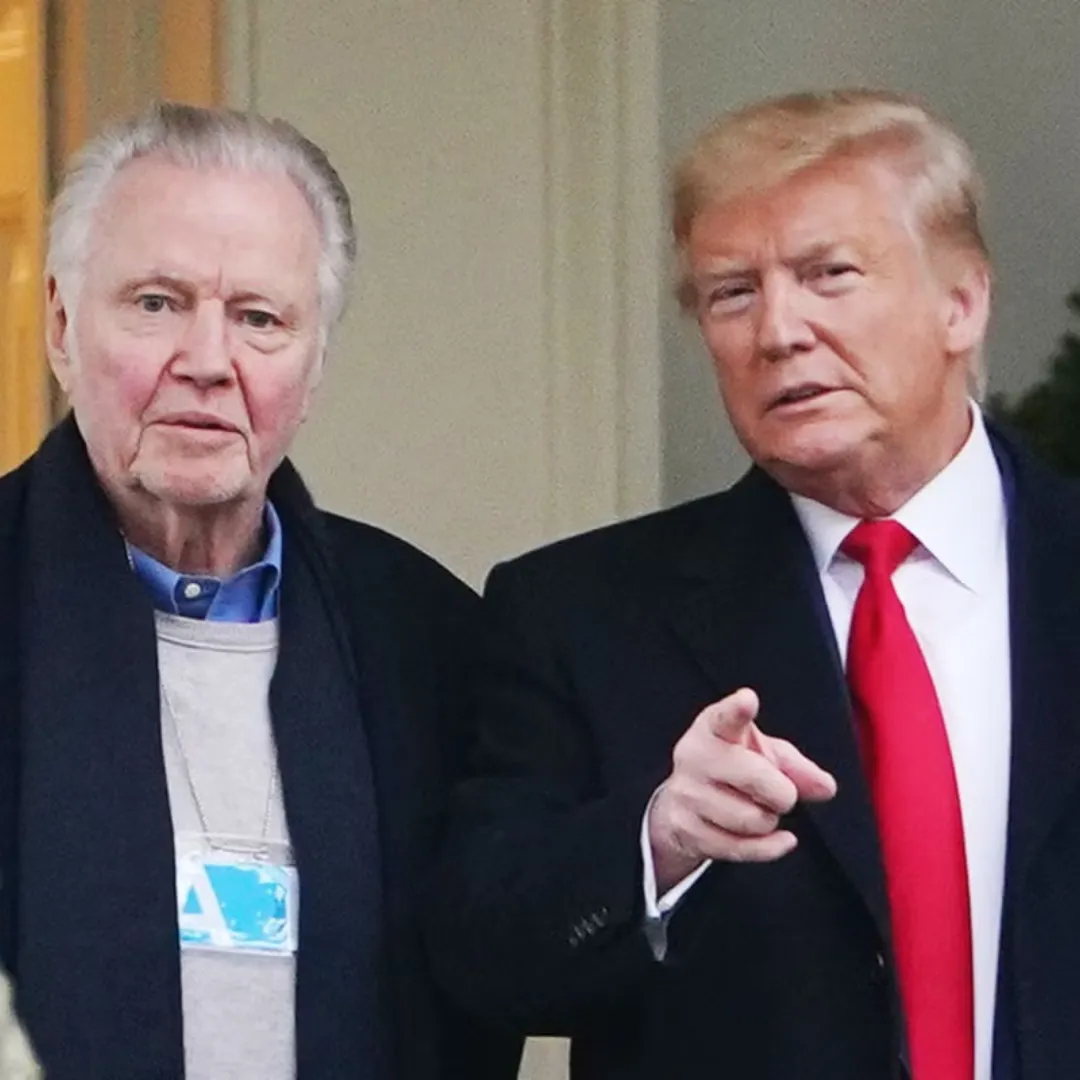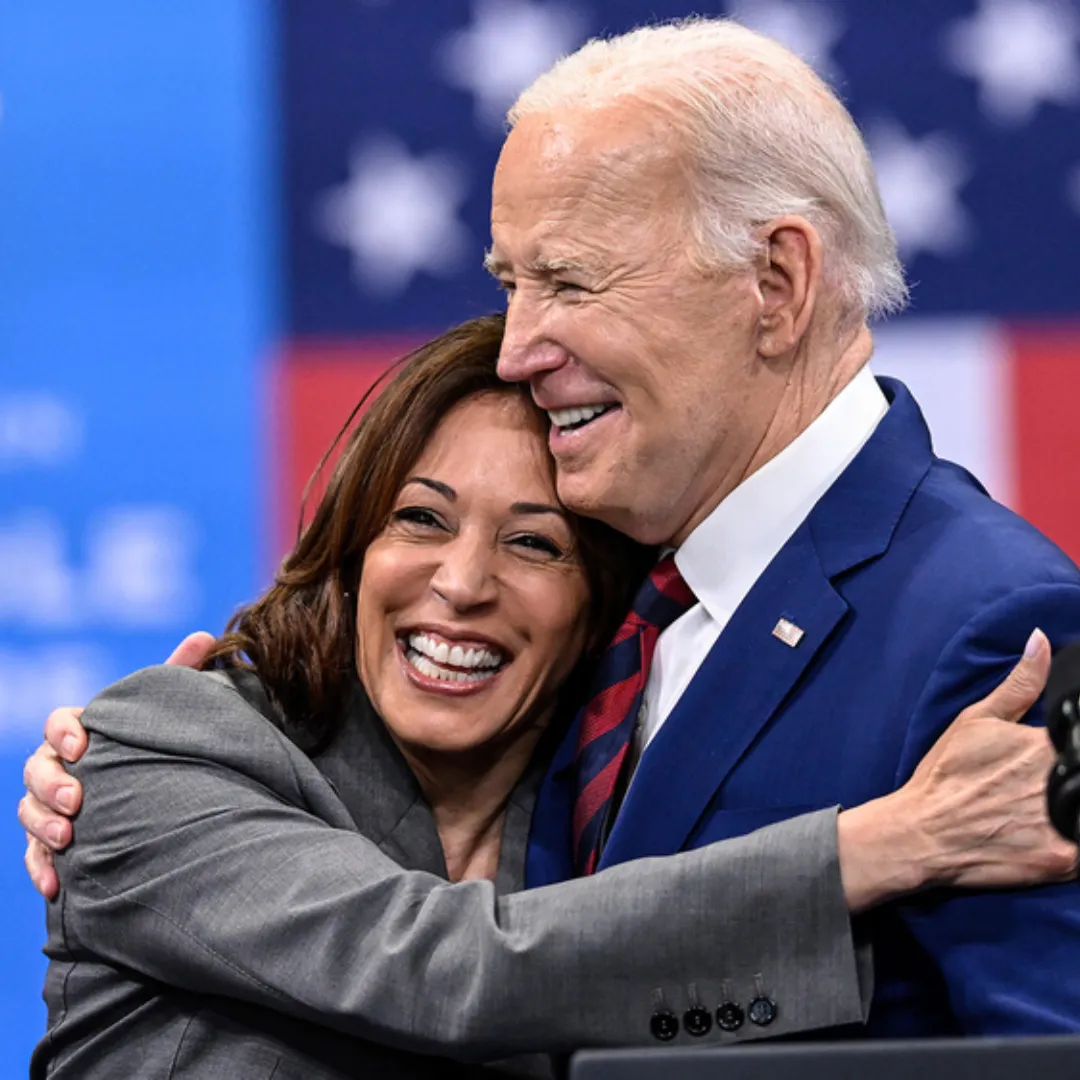
Comedian Bill Maher took a swipe at President Donald Trump’s recent comments about dolls in relation to the administration’s ongoing economic struggles and trade policies.
On a recent episode of Real Time with Bill Maher, the comedian ridiculed Trump’s unusual defense of his tariffs, which have raised questions about their impact on American consumers, particularly in the retail sector.
Maher’s remarks came after the president repeatedly used dolls as an example to justify the need for families to prepare for economic sacrifice in the face of his trade war.
In a segment on his show, Maher said, “He’s obsessed with how many dolls we get to have.” His comments were in response to Trump’s frequent use of dolls in discussions about the effects of tariffs on U.S. families.
“What is it with the dolls?” Maher asked, adding later, “Three times, three times in the last week now, three times he has defended his tariffs talking about dolls.”
Maher’s mockery highlighted the absurdity of the situation, where the president has brought up the number of dolls children can have as a way to explain the broader consequences of his trade policies.
His remarks come amid growing concerns from consumers, retailers, and lawmakers over the potential impact of the tariffs, which have added taxes on imports from China and other countries.
As the Trump administration rolls out its latest tariffs, there has been increasing scrutiny over how these trade measures will affect U.S. consumers, especially as they deal with rising costs of goods and disruptions to the supply chain.
The administration’s response has shifted over time, with Trump and his allies suggesting that American families will need to make sacrifices to help the economy transition into a new phase of growth.
In particular, Trump has suggested that children would be “fine” with fewer toys, with the implication that families could adjust to the higher costs of products, including dolls, as a result of the tariffs.
“You know, someone said, ‘Oh, the shelves, they’re going to be open.’ Well, maybe the children will have two dolls instead of 30 dolls, and maybe the two dolls will cost a couple of bucks more than they would normally,” the president said in a statement last week.
Trump’s attempt to downplay the consequences of his trade war by focusing on toys quickly became a topic of ridicule. Maher, who is no stranger to mocking Trump’s rhetoric, took this idea and ran with it, repeatedly poking fun at the shifting narrative around how many dolls children should have.
“First off, ‘maybe children will have to have two dolls,’ and then a couple of days later he said, ‘They’re gonna have three or four dolls,’” Maher noted, adding, “And then he bumped it up the next day, five dolls.”
Maher didn’t stop there. He humorously quipped, “Yes, that’s our deal-maker-in-chief. Losing an imaginary negotiation with children.” The comedian’s comments resonated with many viewers, who saw the absurdity of Trump using an imaginary scenario about dolls to explain the broader economic consequences of his policies.
Maher’s critique was not just about the president’s remarks themselves but about the larger implications of these comments in the context of a national debate on trade, tariffs, and the economic impact on everyday Americans.
Maher’s humor highlighted the way in which Trump’s attempts to explain his economic policies, particularly the trade war with China, often seem disconnected from the real-world challenges facing ordinary people.

His use of dolls as a metaphor for economic sacrifice struck many as trivializing the difficult realities of rising costs and financial insecurity that many American families are facing.
While Maher’s comedy routine may have been intended for laughs, it reflects a serious issue that has been raised by members of Trump’s own party. Some Senate Republicans have expressed concern that the president’s comments on dolls—and his broader messaging about the economic impact of tariffs—may be backfiring.
There is growing anxiety among GOP lawmakers that Trump’s rhetoric could undermine consumer confidence, which is already at a five-year low due to concerns over the economy and trade policies.
In particular, one Senate Republican told The Hill, “Everything that we need to do needs to be instructed by people who experienced scarcity, and that’s clearly the words of somebody that’s never experienced scarcity.”
This comment speaks to a deeper divide within the Republican Party, where some members feel that Trump’s messaging about the trade war and economic sacrifice is out of touch with the realities faced by working-class Americans.
“It’s not really sensitive to the circumstances of people that are struggling every day,” the senator added. This criticism from within the GOP shows that there is growing discontent with how Trump is handling the trade war and its impact on the American people.
The rhetoric about dolls, which some may see as trivial, reflects a broader concern that Trump is failing to address the economic anxieties of everyday families who are grappling with rising costs and economic uncertainty.
Trump’s use of dolls as an example of economic sacrifice is not just a subject of ridicule—it also points to a larger concern over the long-term effects of his trade policies.
While the president has argued that tariffs are necessary to protect American jobs and industries, many economists and experts warn that the trade war with China could have unintended consequences for consumers, businesses, and the economy at large.
One of the primary concerns about the tariffs is that they will increase the prices of everyday goods, including toys, electronics, and clothing. Retailers have already expressed concern that the new import taxes will lead to higher prices for consumers, and some fear that this could lead to a slowdown in consumer spending, which is a major driver of economic growth.
In particular, the toy industry, which relies heavily on imports from China, could be hit hard by the tariffs, leading to higher prices for families.
Moreover, the supply chain disruptions caused by the trade war could have a lasting impact on the availability of goods. As businesses face higher costs and delays in production, they may be forced to pass these costs on to consumers, leading to even higher prices.
For many families, this could mean fewer toys, fewer clothes, and fewer choices when it comes to the products they need and want.
The broader issue at play is the erosion of consumer confidence, which has been a key factor in the success or failure of economic policies. The latest reports show that consumer confidence in the U.S. has reached its lowest point in five years, with many Americans expressing concerns about their financial future.
The impact of Trump’s trade war on consumer sentiment is significant, as families become more cautious about spending and more anxious about the rising cost of living.
As Republicans within Congress and economists have pointed out, the rhetoric surrounding the trade war is often out of touch with the realities faced by working-class Americans.
While Trump’s comments about dolls may have been intended to soften the blow of his trade policies, they may be doing more harm than good by trivializing the very real struggles that people are facing.
Instead of offering solutions to help families cope with higher prices and economic uncertainty, the president’s doll rhetoric has become a symbol of a larger disconnect between the administration and the American people.
As the trade war continues to unfold and the economic impact of the tariffs becomes more apparent, it is unclear how Trump will address the growing concerns about consumer prices and supply chain disruptions.
The rhetoric about dolls, while seemingly innocuous, reflects a broader issue of how the administration communicates with the American public about the consequences of its policies. For many families, the prospect of higher costs and fewer choices is not something to be taken lightly.
As Trump faces increasing pressure from both within his own party and from Democrats to adjust his trade policies, it remains to be seen whether he will change course or double down on his approach.
The debate over tariffs and their impact on consumers is far from over, and the president’s messaging—whether about dolls or the broader trade war—will continue to shape the political and economic landscape in the months ahead.
Bill Maher’s satirical take on Trump’s doll comments serves as a reminder of the growing frustration with the administration’s handling of the trade war and its economic consequences.

While the president’s remarks were intended to downplay the negative effects of his policies, they have instead highlighted the disconnect between the administration’s rhetoric and the reality faced by ordinary Americans.
As the economic fallout from the trade war continues to unfold, it will be important for leaders in Washington to listen to the concerns of consumers and work toward policies that prioritize the needs of everyday families over political theater and corporate interests.





